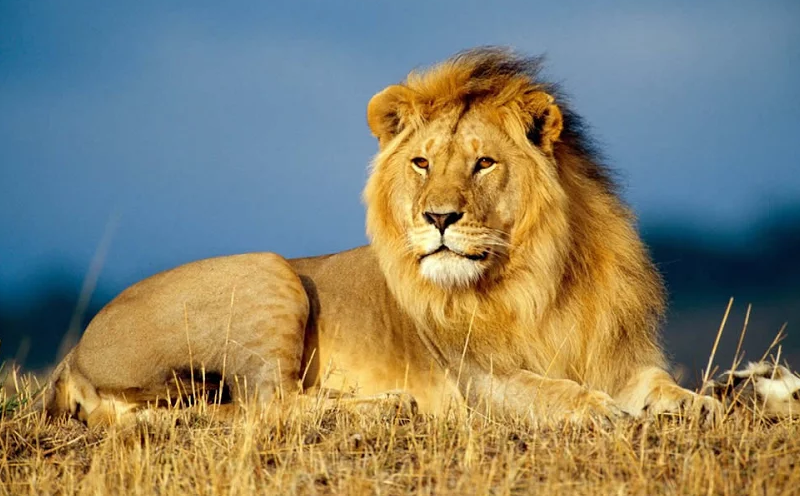
Poaching rises in nature parks, which are closed to visitors during the corona crisis.
Pictures of wildlife enjoying a world where humans do not disturb them have gone round the globe – but in the long run it can be a disaster.
In Africa, many hundreds of national parks and private reserves rely on tourism revenue to protect wildlife and at the same time secure jobs for local communities.
Right now, the vast majority of Africa’s 54 countries are hermetically closed to the outside world in an effort to curb the spread of coronavirus.
– I have never closed before the corona crisis, says Pieter de Jager, while he sadly looks at the padlock that hangs on the door of the restaurant, which until mid-March was a gathering place for safari tourists.
– I usually have up to 100 guests a day. If I’m lucky, maybe they’ll be back in two years.
Millions lose their jobs
Peter de Jager owns the Fairy Glen safari park, it is one of Africa’s smallest zoos. On the other hand, it is close to Africa’s number one tourist town, Cape Town in South Africa. It has for many years given him a solid flow of tourists, 95 percent of them international.
Now, South Africa’s borders are closed and people are ordered indoors unless they have essential tasks.
According to the World Travel & Tourism Council, 7.6 million people could lose their jobs in the tourism industry in Africa due to the corona pandemic.


